Date of analysis: 08/08/2023
Uzbekistan DMARC Adoption Report 2023
The Importance of DMARC Adoption in Uzbekistan
Enhancing DMARC adoption within Uzbekistan holds the key to fortifying the nation’s digital fortress, symbolizing a proactive stride towards safeguarding both today’s assets and tomorrow’s prosperity. In the wake of escalating cyber attacks, Uzbekistani organizations must improve their defenses against email-borne attacks, shielding their clientele from digital malice.
With Email authentication such as DMARC, organizations in Uzbekistan can display their devotion to practicing strong email authentication and security that fortifies their brand image, and adequately protects their email and information. This is especially important for financial, governmental, healthcare, and educational establishments that exchange sensitive information via email.


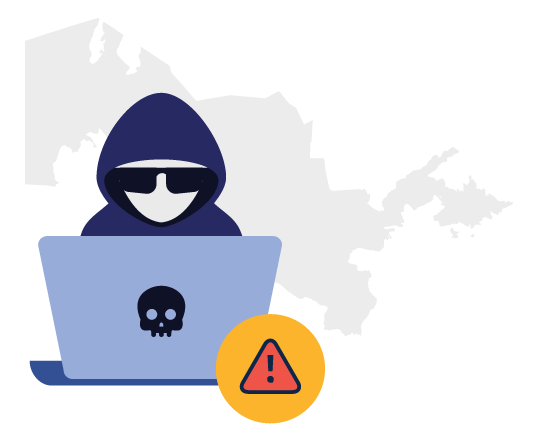
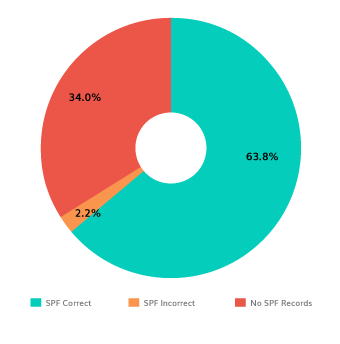
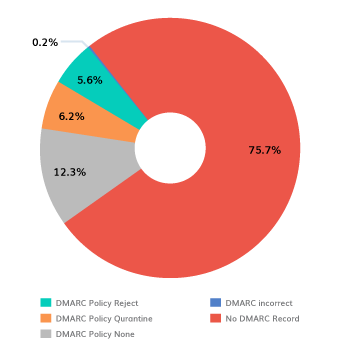
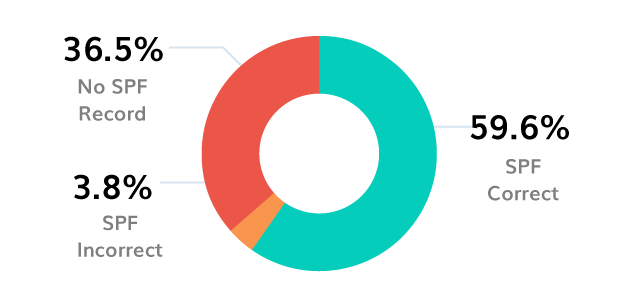
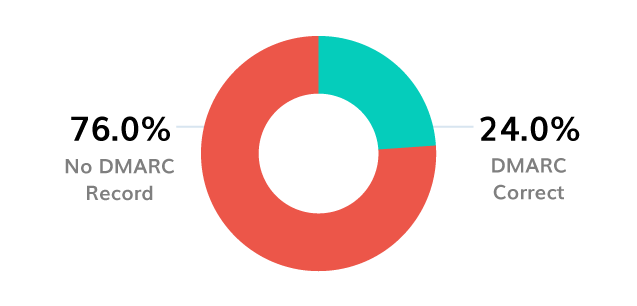
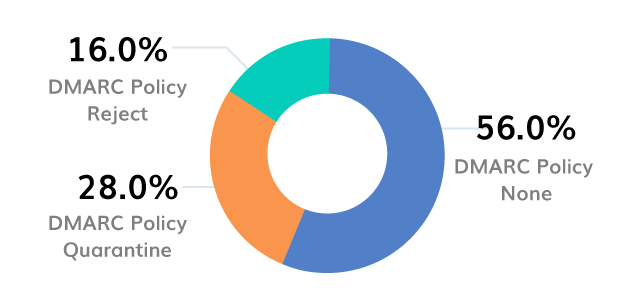
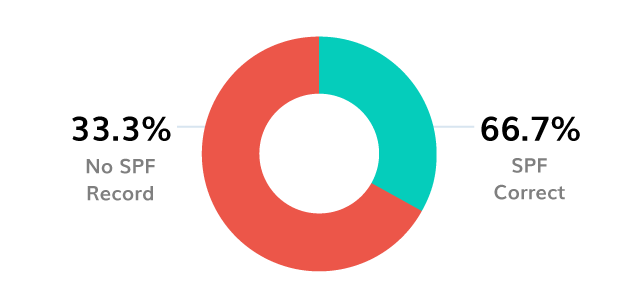
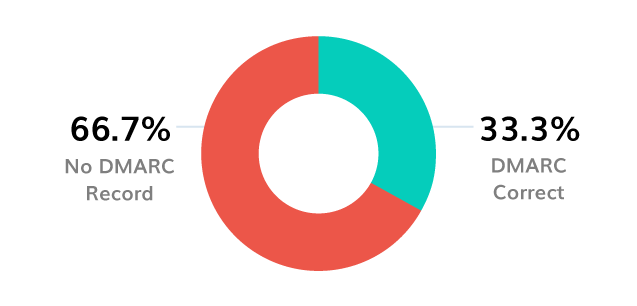

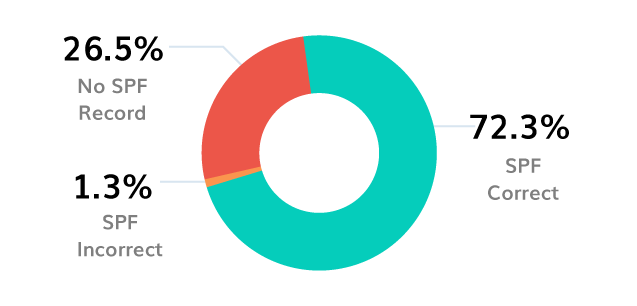
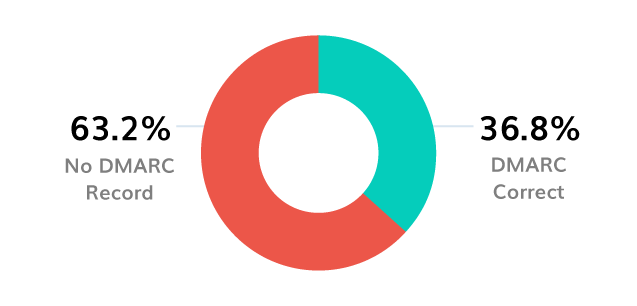
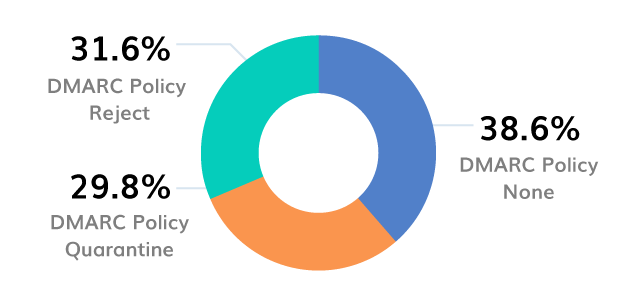
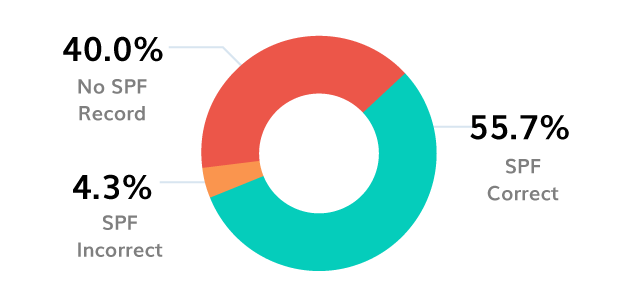
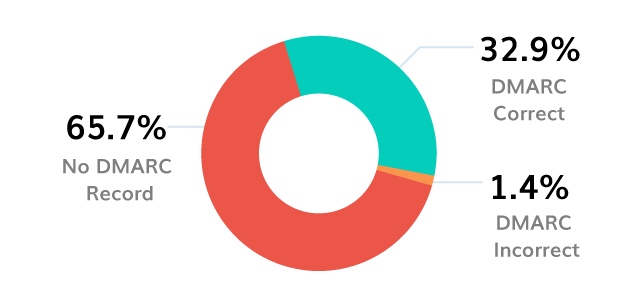
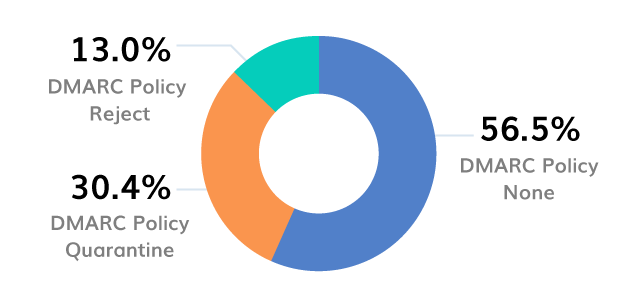
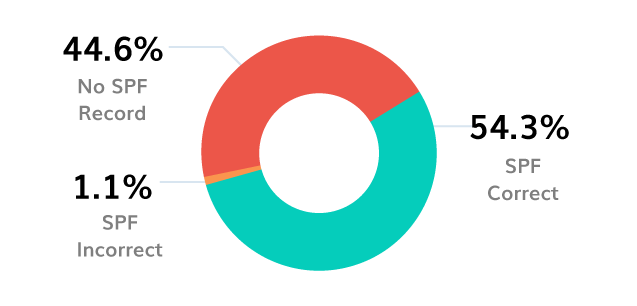
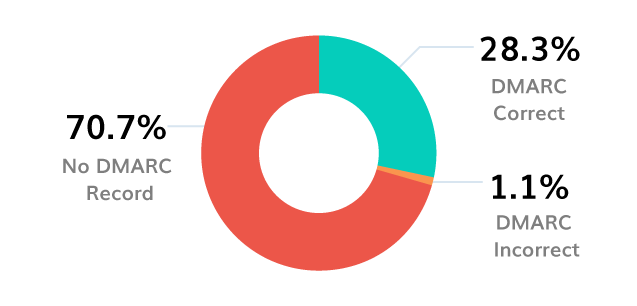
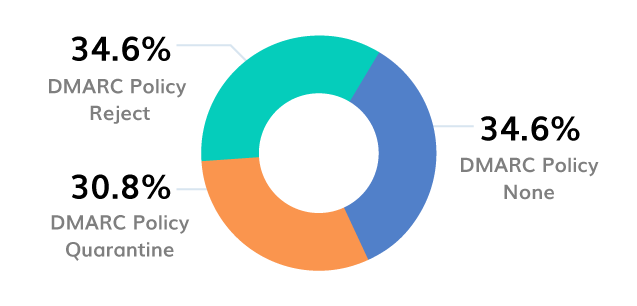
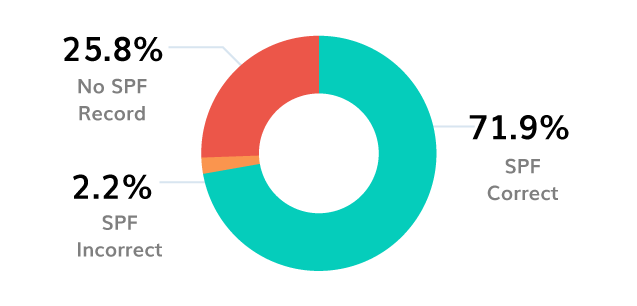
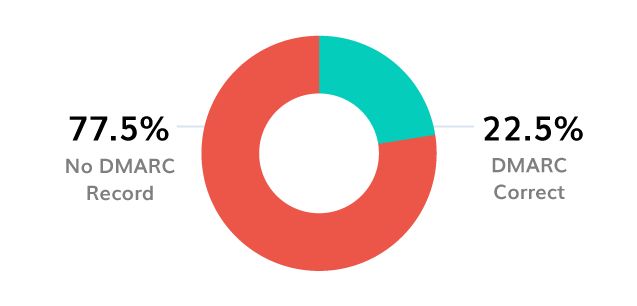
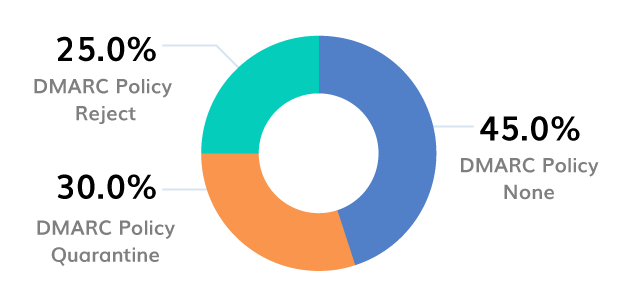
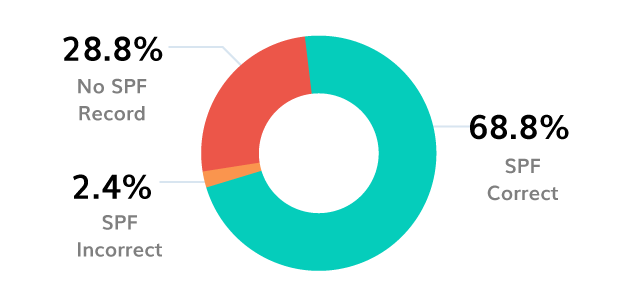
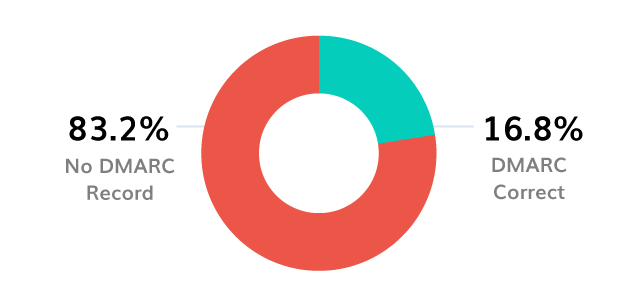
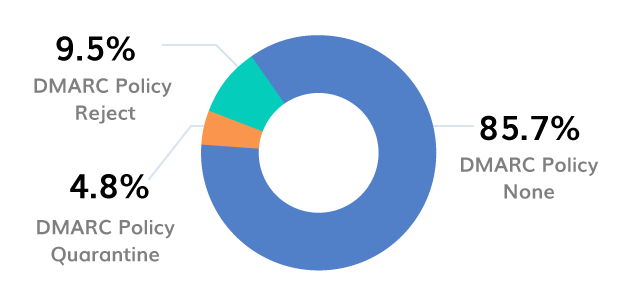
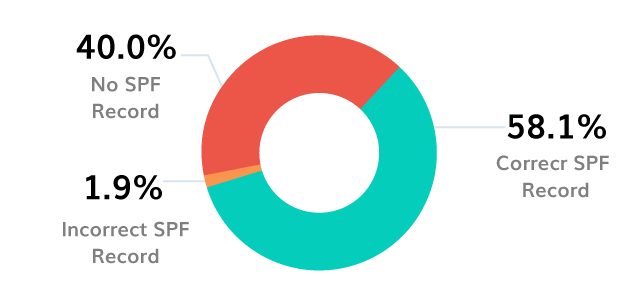
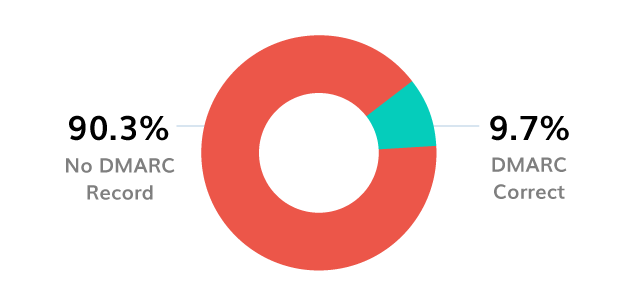
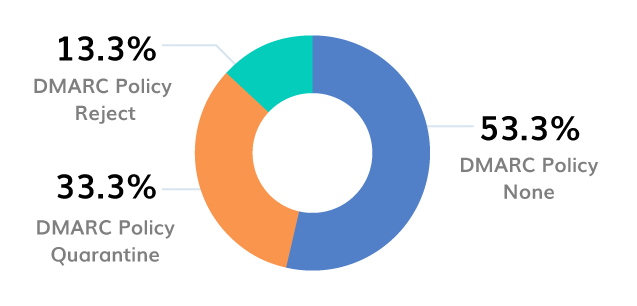
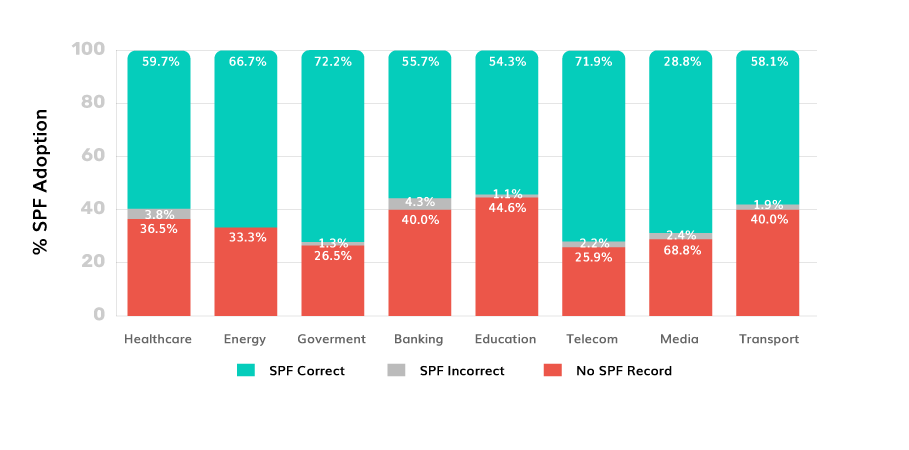
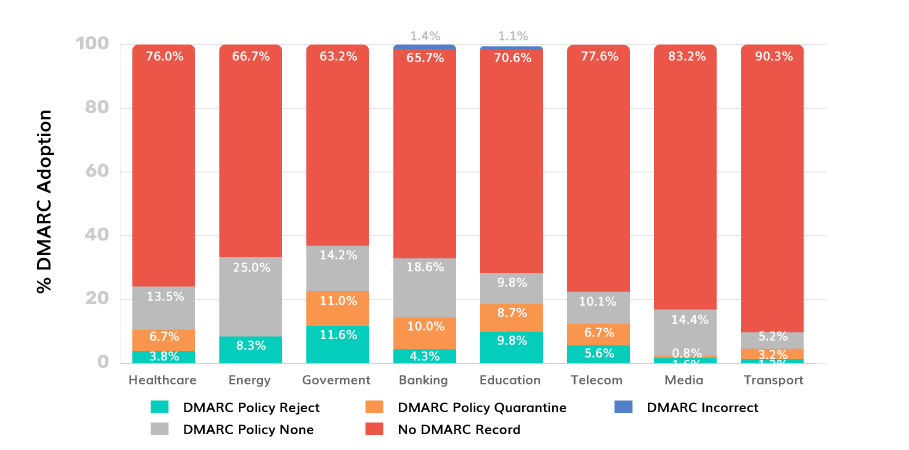
 Let’s join hands to increase the rate of DMARC adoption and strengthen the email security infrastructure in businesses across Uzbekistan. Get in touch with us at
Let’s join hands to increase the rate of DMARC adoption and strengthen the email security infrastructure in businesses across Uzbekistan. Get in touch with us at